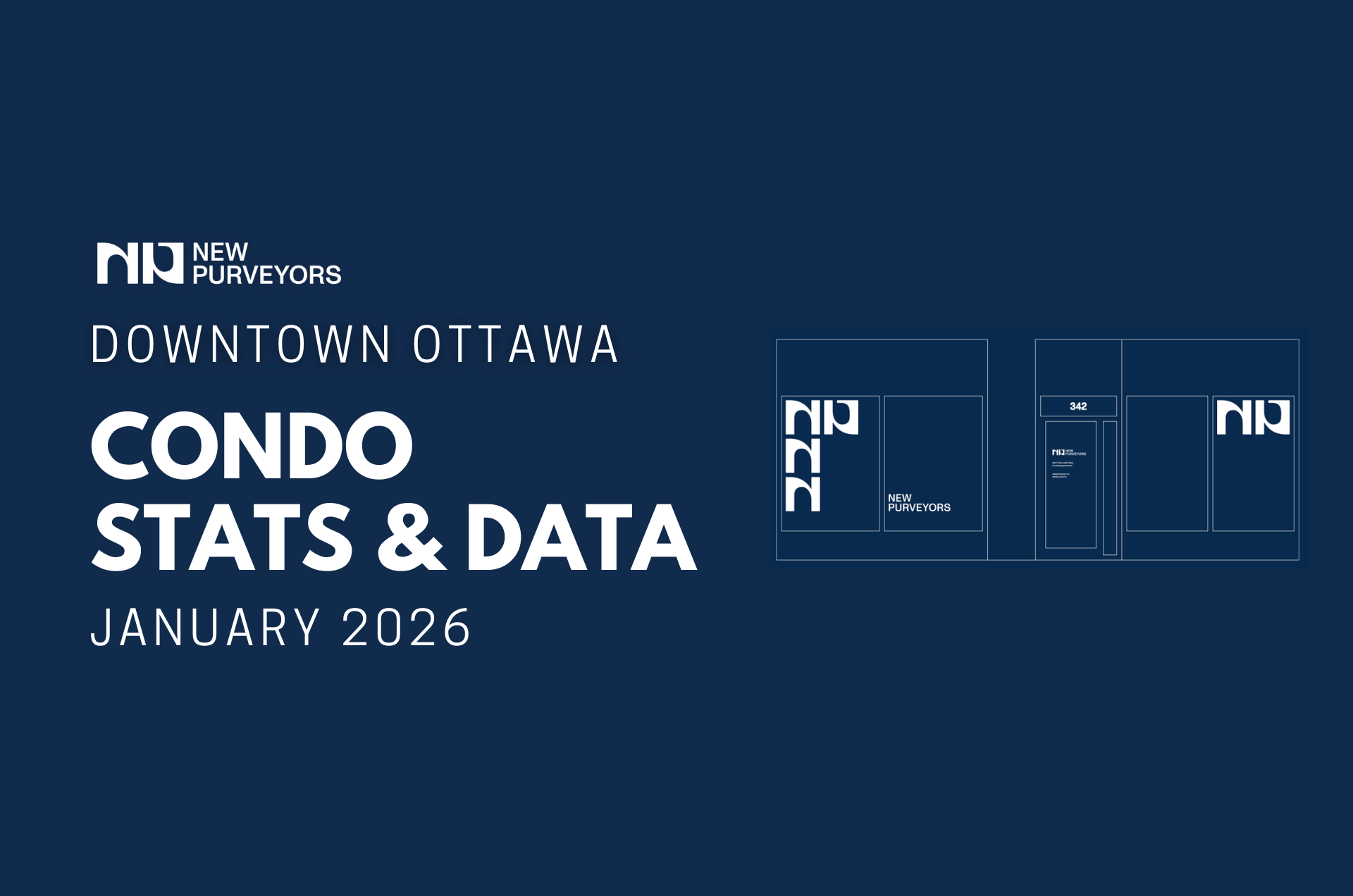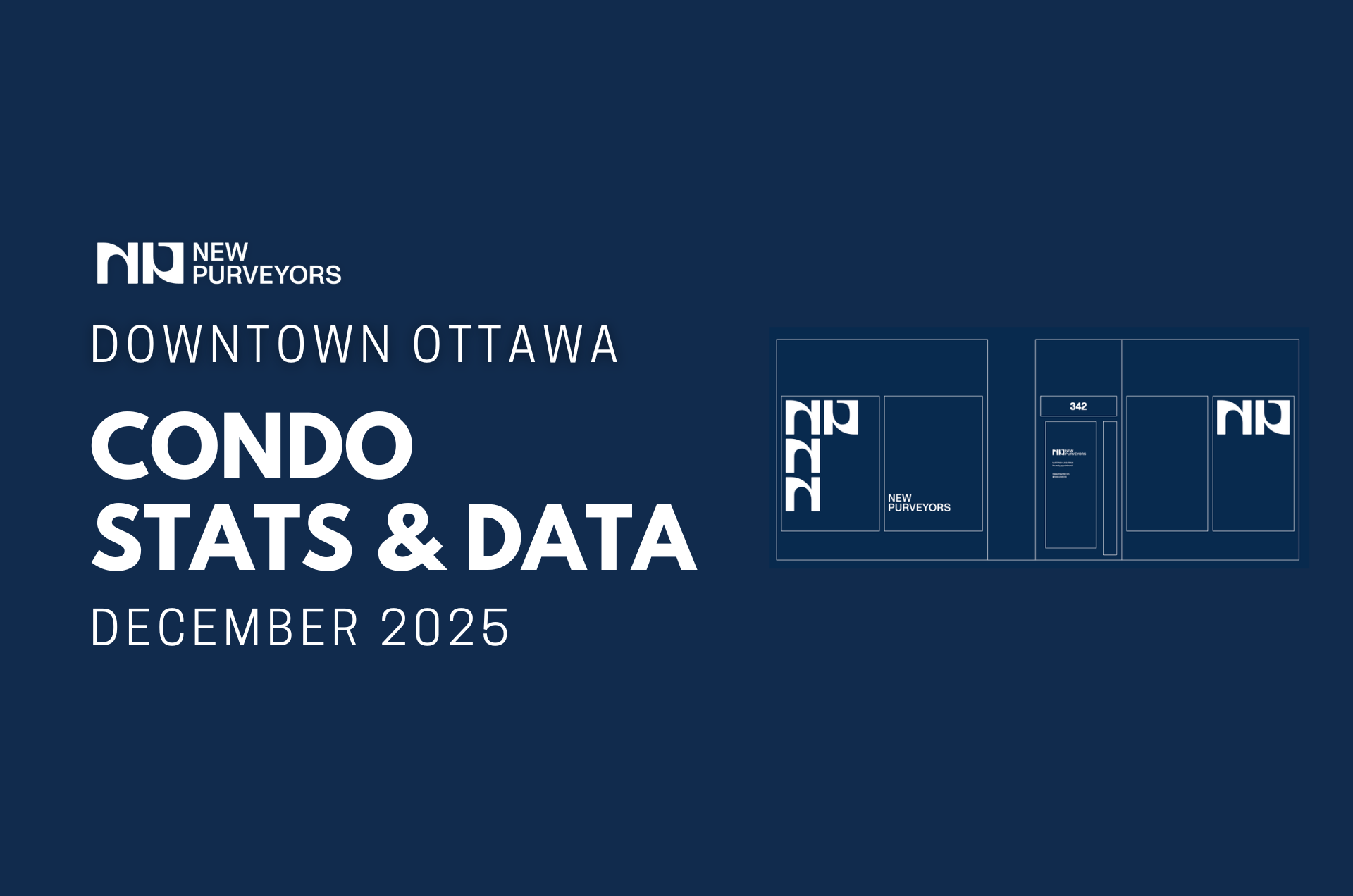
Short-term rentals have become a popular way for condo owners to generate extra income, but in Ottawa, it’s not as simple as listing your place on Airbnb and handing over the keys. With stricter city regulations in place since 2021 (and new enforcement measures added in 2024), many buyers are now asking: Can I legally Airbnb my condo in Ottawa in 2025?
The answer depends on where you live, how your condo is zoned, and what your condo board allows. Here’s everything you need to know before buying a condo with Airbnb potential—or renting out your current one.
1. Ottawa’s Short-Term Rental Bylaw (2021–2025 Recap)
Ottawa’s short-term rental bylaw limits most Airbnb-style rentals to your primary residence. That means:
You can only rent out a condo you live in full-time, either entirely (when you’re away) or partially (a room or shared space)
Secondary properties (like investment condos or units you don’t live in) cannot be used for short-term rentals
Hosts must register with the City of Ottawa and pay an annual fee (~$110 as of 2025)
You must also collect and remit the 4% Municipal Accommodation Tax
💡 If you’re not living there, it’s not legal to short-term rent it. Full stop.
2. What Counts as a “Primary Residence”?
Your primary residence is where you live most of the time, pay taxes, and receive mail. It’s the address on your driver’s licence, health card, and voter registration.
If you live somewhere else—even part of the year—the condo is considered a secondary dwelling, and cannot be legally rented on Airbnb or VRBO.
3. Does Your Condo Building Allow It?
Even if your unit qualifies as your primary residence, your condo board can still prohibit short-term rentals. Many downtown Ottawa buildings—especially newer high-rises—have added restrictions or outright bans due to:
Security concerns
Noise complaints
Increased wear and tear
Insurance complications
Before buying a condo with Airbnb in mind, ask your agent to request the status certificate and building bylaws. If short-term rentals are banned or restricted, that’s where you’ll find it.
4. What About 30+ Day Rentals?
Longer-term furnished rentals—30 days or more—fall outside the short-term rental bylaw and are generally legal (though still subject to RTA rules). These can be great options for:
Government relocations
Students
Corporate stays
Health-care workers on temporary contracts
💡 If you're looking to invest, targeting 30+ day furnished rentals may offer flexibility without running into legal trouble.
5. Enforcement in 2025: Yes, It’s Real
Since 2024, the City of Ottawa has stepped up enforcement, issuing fines up to $100,000 for repeat offenders. Platforms like Airbnb and VRBO now require proof of registration for all Ottawa listings, and complaints from neighbours can trigger an investigation.
Buying a condo you plan to rent short-term without doing your homework isn’t just risky—it could leave you stuck with a unit you can’t use the way you planned.
Final Thoughts
In 2025, Ottawa’s short-term rental rules are clear: unless it’s your primary residence and your building allows it, you can’t legally run an Airbnb. But that doesn’t mean condos are off the table for rental income—long-term and mid-term rentals are still in demand across the city.
Thinking about buying a condo as an investment, a part-time home, or a hybrid use?
Let’s connect. I’ll help you make sure your purchase fits your goals—and the city’s rules.


































